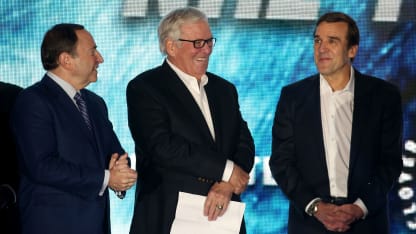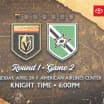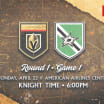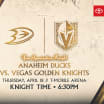One of the most significant changes in hockey over the past several seasons has been the manner in which the sport is being taken over by young talent.
This isn't just Connor McDavid, the 20-year-old wunderkind leading the NHL in scoring as a member of the Edmonton Oilers.
Throughout the league, at all positions, the age at which players reach their prime has become distinctly younger than it was even a decade ago.
This season alone, the top seven scorers in the NHL entering Thursday are under the age of 30. Last year, three of the top four scorers were under 30, while as recently as 2003-04, five of the NHL's top nine scorers were over30. Ten years before that, in 1993-94, three of four were 30 or older, as well.
As the league continues to transition even younger, the reasons for this change are pretty clear: the league now emphasizes speed.
Where years ago, players with muscle and toughness were able to easily impose their will on the quicker, at many times smaller and absolutely younger players, the NHL has substantially changed its rules to faze these attributes out of the game in the name of player safety.
McPhee Speaks On What He'll Value In Team Captain
The Golden Knights' GM also shared why he feels veteran players are critical to success

© Isaac Brekken/Getty Images


















